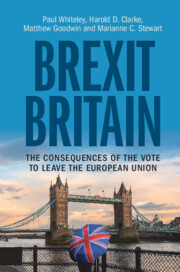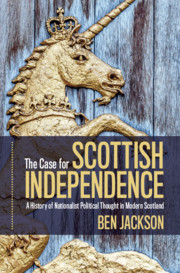We investigate the prevalence and correlates of sexism in the British political context, using a measure of ambivalent sexism that distinguishes between hostile and benevolent sexist attitudes. Drawing on original data from two nationally representative online surveys, we find that more than half of the population hold some sexist attitudes and that these are predicted by gender, education, religiosity and authoritarian values. We demonstrate that the most significant division in sexist attitudes within the British electorate falls along political rather than gender lines, with men and women expressing more similar views about sexism than either Conservative and Labour voters, or Leave and Remain supporters. We also find that endorsing hostile sexism is associated with voting Conservative in the 2019 general election, even after controlling for sociodemographic characteristics and political values. Our findings reveal that sexism is important for political competition in contexts where gender is not obviously salient.


